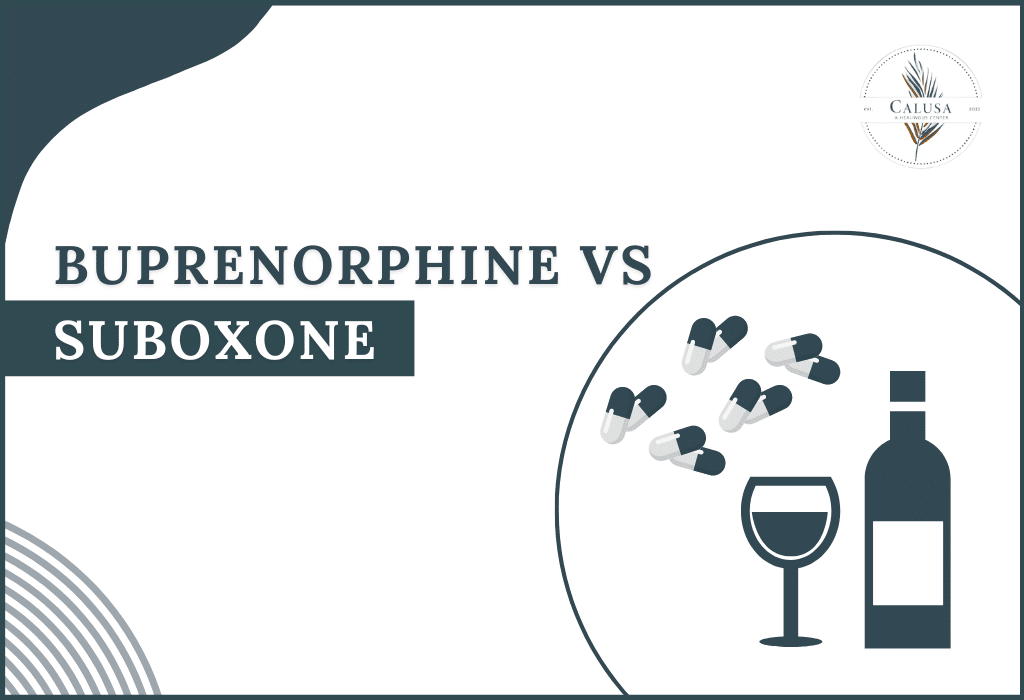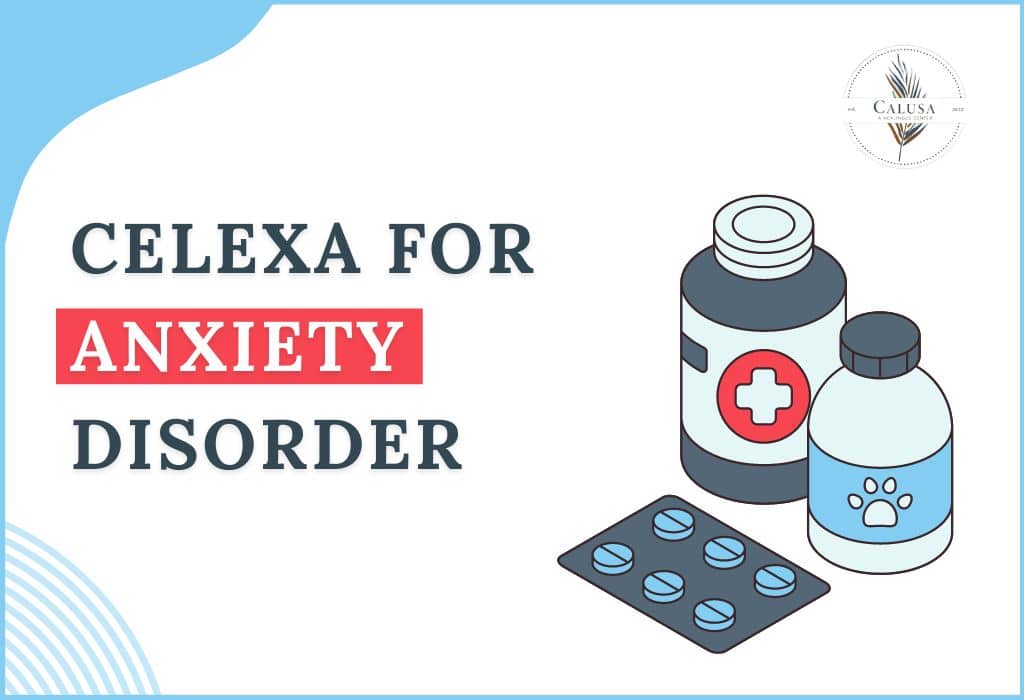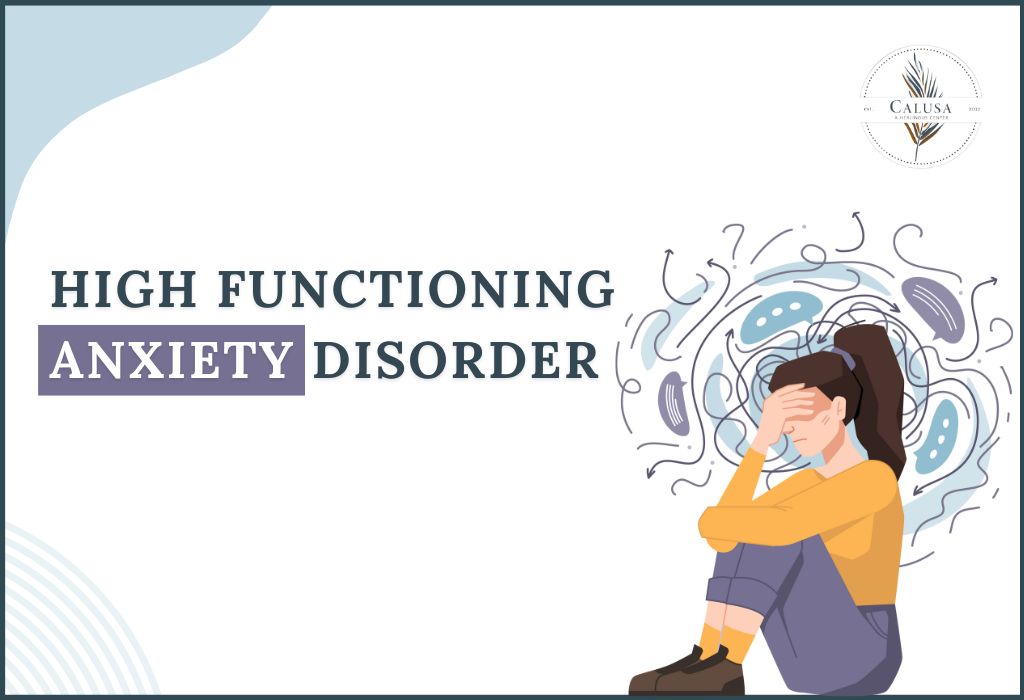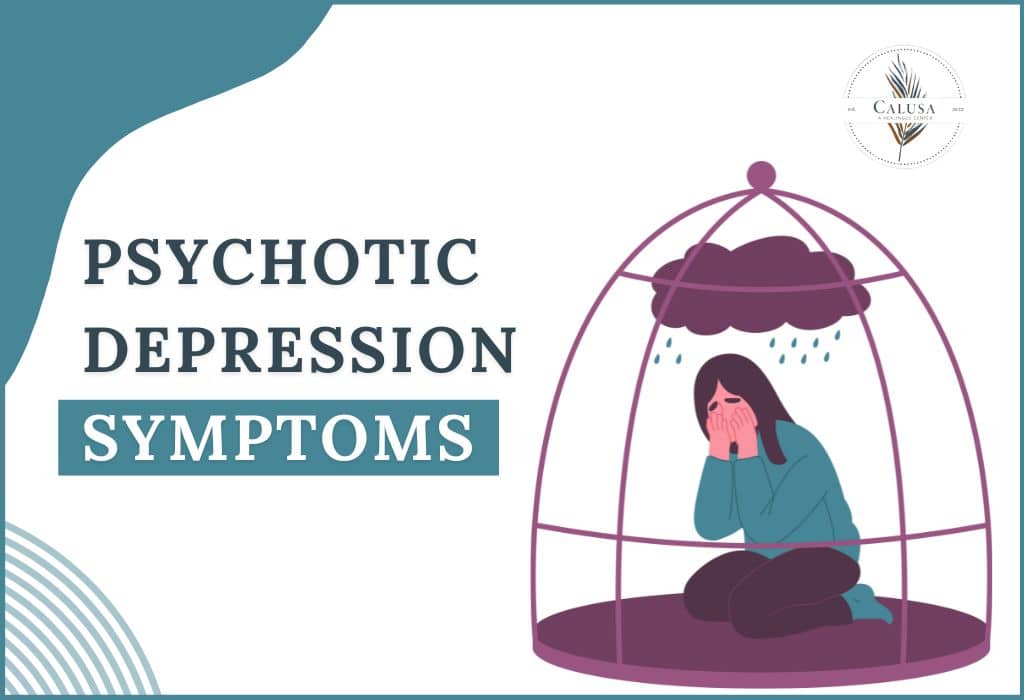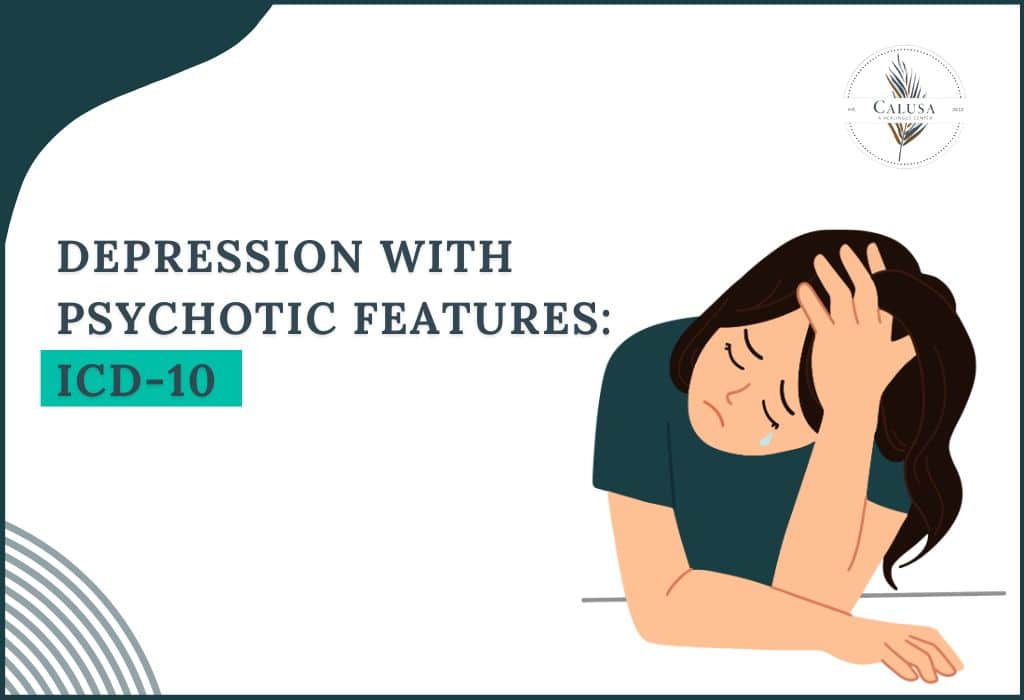Methamphetamine is a highly addictive drug because it triggers the brain to release dopamine, a chemical that makes people feel happy. This feeling of pleasure encourages users to keep taking the drug, leading to a habit. With frequent use, it becomes hard to stop because of the strong desire for these good feelings, even though the drug has harmful effects that users may overlook. In the blog, We’ll explain the short-term effects of methamphetamine, why people use it, and how it causes addiction.
Methamphetamine Addiction
Methamphetamine stimulates the central nervous system because it’s made from amphetamine and other chemicals. It can be prescribed for weight loss and as a decongestant, and it comes in tablet and injection forms. However, people can get addicted and use more than prescribed. There are two main types: meth and crystal meth. Crystal meth is usually white but can also be yellow, pink, or brown. It’s bitter and dissolves easily in liquid. People consume it by smoking, injecting, or snorting it. The main ingredient in meth is pseudoephedrine or ephedrine, often found in cough and cold medicines.
People addicted to meth have a lot of energy and can focus intensely. They might eat very little or not at all and stay awake for days. Users often feel extremely happy, hyperactive, motivated, and have a fast heart rate. They can also lose their appetite and may act strangely or violently. With all illegal drugs, users don’t know what other dangerous or deadly substances might be in them.
Why Do People Take Methamphetamine?
Understanding the reasons why do people take methamphetamine, despite all of the recognized negative effects. Those who experience aftereffects usually desire more. The sensations of pleasure, enthusiasm, and well-being give way to less favorable experiences when the drug wears off. The individual has to use more in order to feel better and escape an increasingly harsh reality to prevent feeling paranoid and depressed, which creates a cycle of abuse and use. When the body and brain want more of the substance to experience the same benefits and maintain the positive sensations, addiction begins. The majority of users inject the drug straight into their bloodstream, so the full effects start to take effect shortly after delivery.
Another reason is Psychological Addiction: it causes a burst of excitement and pleasure due to a dopamine spike in the person; the initial exposure to the substance is frequent when addiction to the drug begins. The medication improves function in the near term, but long-term harm takes time to manifest. The euphoric benefits of meth wear off, and users build tolerance and larger dosages as a result. The body and brain attempt to down-regulate hormones and neurotransmitters to preserve homeostasis. When dopamine levels go too low, the body exhibits withdrawal symptoms such as sadness, apathy, and significant psychological problems. Dopamine receptors revert to their original state after being overloaded with dopamine. Methamphetamine addiction is avoided, and this procedure maintains a state of equilibrium.
Is Methamphetamine Addicted?
Methamphetamine is a highly addictive substance that stimulates in a single use. It stimulates the central nervous system, which boosts the body’s energy while posing a significant risk of abuse and dependence. This is because of dopamine produced by the drug. As a result, it causes people to take drugs frequently for their pleasure and have the same effects as before.
When people stop taking this drug, they are unable to be happy. Withdrawal signs such as depression, anxiety, insomnia, and fatigue can occur. Also, the person starts abusing others and starts bingeing others.
Effects of Methamphetamine
Methamphetamine, a potent stimulant, can have significant effects even in small doses, such as increasing wakefulness, intensifying physical activity, and suppressing appetite. However, it can also cause cardiovascular complications, including an increased heart rate, irregular heartbeat patterns, and heightened blood pressure. Overdosing on methamphetamine can lead to hyperthermia, characterized by dangerously elevated body temperatures, and in severe cases, convulsions, which can lead to fatal consequences if not promptly addressed.
In the short-term effects of methamphetamine, methamphetamine induces a surge in attention, diminishes fatigue, and increases activity and vigilance. It also leads to euphoria and a sense of intense well-being, which can be accompanied by increased respiration rates, enhancing oxygen uptake in the body. Despite these benefits, methamphetamine poses several potential health hazards, including rapid or irregular heartbeats, the risk of hyperthermia, and the potential for severe convulsions if not promptly addressed.
Short-Term Effects May Include:
These short-term effects represent the immediate physiological and psychological responses induced by methamphetamine use, highlighting the rapid impact this substance has on the body’s functions and sensations
- Enhanced Focus and Reduced Fatigue: Methamphetamine prompts heightened attention while diminishing feelings of tiredness.
- Increased Physical Activity and Alertness: Users experience elevated levels of energy and wakefulness.
- Appetite Suppression: Methamphetamine use often leads to a decreased desire for food intake.
- Euphoria and Rush: Users encounter intense feelings of pleasure and a sudden rush of sensations.
- Elevated Respiration: Methamphetamine usage may increase breathing rate.
- Rapid/Irregular Heartbeat: The drug can cause a swift or irregular heartbeat, affecting cardiovascular functions.
- Hyperthermia: Methamphetamine ingestion can lead to dangerously elevated body temperatures.
Long-Term Effects May Include:
Long-term methamphetamine use inflicts extensive physical and neurological harm on individuals. The cumulative impact becomes overwhelming, exerting tremendous stress on the body’s systems, ultimately leading to their gradual shutdown. These long-term effects encompass:
- Organ Damage: Prolonged methamphetamine use leads to damage in vital organs such as the liver, heart, lungs, brain, and others.
- Significant Weight Loss: Users often experience severe weight loss as a consequence of extended methamphetamine use.
- Oral Health Deterioration: Methamphetamine abuse is associated with tooth decay, oral health issues like abscesses, and high-risk infections affecting the mouth.
- Cognitive and Behavioral Changes: Long-term users may exhibit confusion, apathy toward life, and a propensity to act without considering consequences. Moreover, they may also display symptoms of psychosis, erratic behavior, or heightened paranoia.
- Emotional Health Risks: Prolonged methamphetamine use can lead to enduring emotional complications, potentially exacerbating depressive symptoms and long-term mental health issues.
How is Methamphetamine Addiction Treated?
According to the Substance Abuse and Mental Health Services Administration, in 2013, the average age of patients admitted to recovery programs for methamphetamine treatment was around 33 years old.
Presently, despite ongoing research endeavors, there are no government-approved medications designated for treating methamphetamine addiction. However, there’s encouraging news: the misuse of methamphetamine can be prevented, and addiction to this substance can be effectively managed through behavioral therapies. Among the most successful treatments for methamphetamine addiction are behavioral interventions, including:
- Cognitive-Behavioral Therapy (CBT): This therapy assists patients in recognizing, evading, and managing situations that might trigger drug use.
- Motivational Incentives: This approach provides vouchers or small monetary rewards to encourage individuals to sustain drug-free behaviors.
Ongoing research persists in exploring novel treatments for methamphetamine use, such as vaccines and noninvasive brain stimulation utilizing magnetic fields. It’s crucial to note that individuals grappling with methamphetamine addiction can and do recover, primarily when they have access to effective treatments addressing the diverse medical and personal challenges stemming from prolonged usage. Access to comprehensive treatments is key in supporting individuals on their path to recovery from methamphetamine addiction.
FAQ (Frequently Asked Questions)
- How to identify someone is using crystal meth?
Physical side effects in the body of a person help in identifying the use of crystal meth. It effects such as tooth decay, body sores, weight loss, and hair loss, and it destroys blood vessels and tissues. Additionally, it affects psychologically as a person behave violently, get obsessive thoughts, and face mental health disorder.
- Is there a cure for meth addiction?
There is no quick cure for the meth addiction. It is treated with physical and psychological methods, which take a long time to cure. The treatment includes detox, cognitive behavior therapy, motivational incentives, inpatient treatment, and outpatient treatment.
- What is the difference between methamphetamine abuse and addiction?
Methamphetamine abuse refers to the beginning use of the drug in a milder form that may not progress into addiction. A person who uses drugs suffer from a legal or financial problem and is not able to focus on work and relationship. However, when the individual is not using the drug, they are not dependent on it. While in methamphetamine addiction, a person is unable to stop themselves from using drugs. When they stop using drugs, they face physical and mental problems.
Conclusion
Meth addiction has short-term effects such as euphoria and increased energy, contributing to its immediate appeal. However, these have severe risks to physical and mental health. Recognizing the problems in a short duration will help in the beginning of treatment. The treatment approaches focus on behavioral therapies, motivational incentives, and support networks to address both the physiological and psychological aspects of addiction. Breaking the cycle of methamphetamine addiction requires a holistic approach.
At Calusa Recovery, we recognize that individuals react uniquely to various forms of mental health treatment. Therefore, we strive to provide a diverse array of modalities to ensure you can discover the approach that suits you best. Our offerings encompass a range of methamphetamine withdrawal programs, including detoxification, general outpatient treatment, intensive outpatient treatment, mental health treatment, and additional options for relapse prevention tailored to each client’s requirements. Explore our comprehensive Crystal Methamphetamine Recovery Program for better results.




